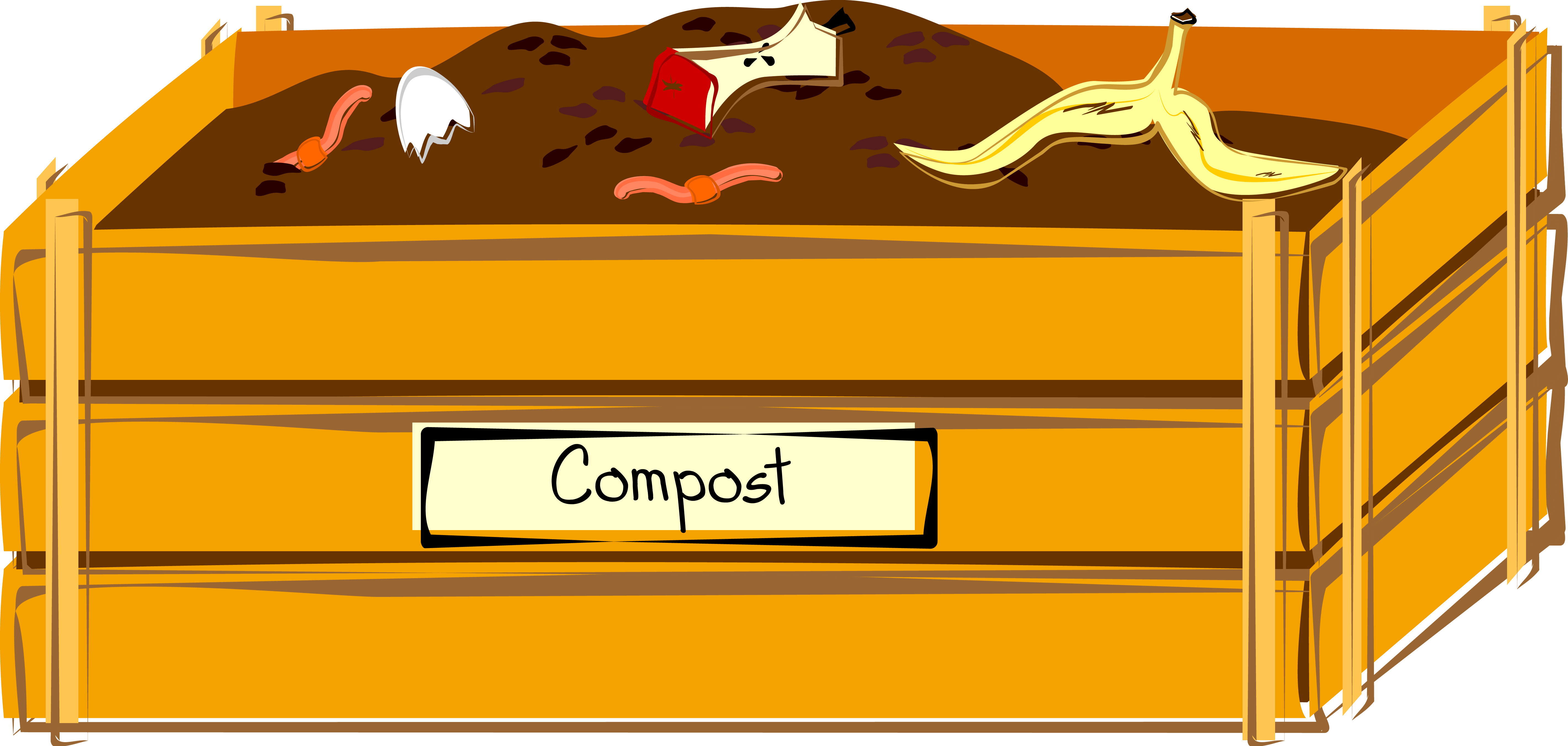
Compost tumblers are the most efficient closed-bin systems and make year-round composting relatively easy. A composting tumbler is a bin on a support, so it can be spun to mix the compost. The tumbler has some form of aeration, such as vents, spikes or a perforated tube running up the center for airflow. Its self-containment makes it easy to move, and the dark color helps keep the tumbler warm. Continued feeding with both green and brown matter can keep the bacteria alive and working.
The good part, besides the above, is that wildlife cannot access the scraps put in these containers. Tumblers keep the compost contained, all in one place, and odor-free for city dwellers. Composting tumblers are also called batch composters, as they break down one batch at a time. Some models have dual compartments so one batch can be added to while the other matures. Because they are contained and elevated from the ground, compost tumblers are the easiest way of keeping compost active through winter.
There are other ways to deal with waste materials over the winter as well without having to face the winter head-on. One solution is an insulated sealed composter that sits in a corner of the garage. A sealed composter with proper balance of carbon and nitrogen components will not emit any composting odors.
Another method is worm composting, or vermiculture. A Worm Composter is efficient, odorless and can be kept indoors. There are those who may not want to have a worm compost system in their home, for various reasons; however, worm composters can also be kept in the garage or outside.
Yet another indoor system is known as Bokashi, which uses an anaerobic composting process, which means that food scraps don’t rot or smell while breaking down. This is a good method for urban dwellers who can make compost indoors for their plants or community gardens, and for those who live in climates that get deeply cold, such as in upper Canada and Alaska. In these climates, even if the cold were not enough to keep you from composting outdoors, any lid to a composter could likely be frozen shut.
Probably the best reason to maintain an active compost over winter is the head start it gives your early spring garden. During winter, your compost will also provide a welcome boost for your houseplants throughout the dreary winter months.
In gardening, so much is preparation. Summer is preparation for winter, to grow food that will see families through the cold months; but rarely is winter seen as preparation for summer. Composting is one of the many ways in which a homeowner can prepare for spring and the growing season. In keeping compost active and producing that black gold the plants love so much, we connect winter to summer, making each complement the other with what nature has to offer; taking the remains of last summer to make new plants this summer. Keeping the compost going over winter is satisfying to the gardener while providing a wonderful bounty for spring.